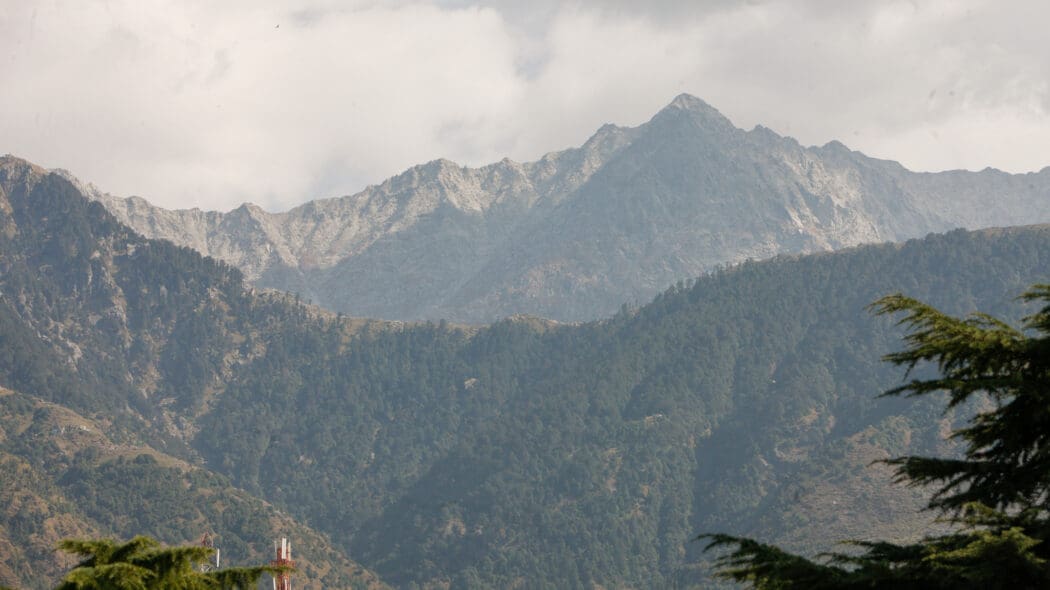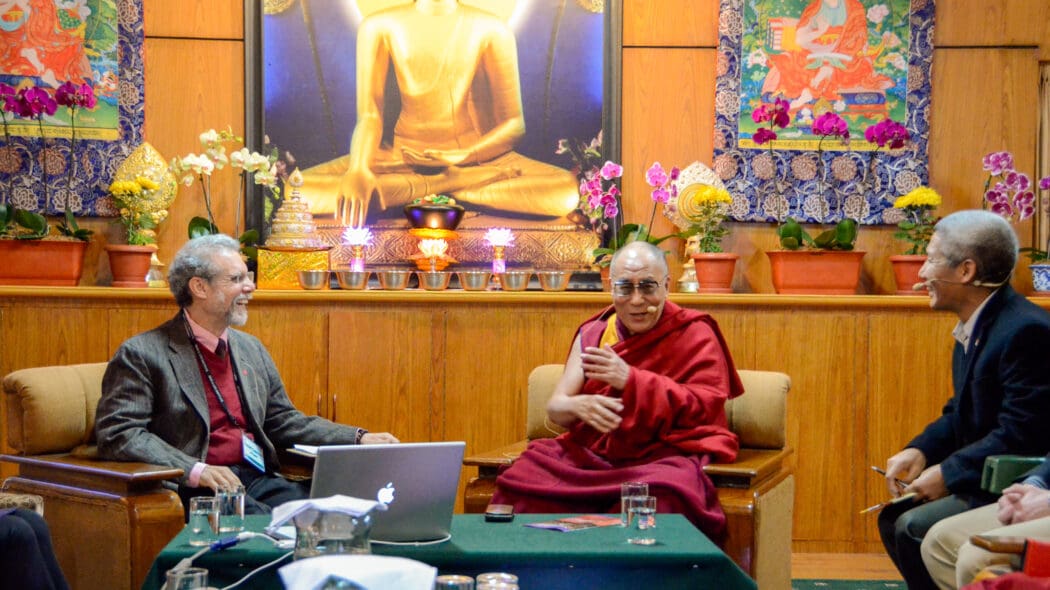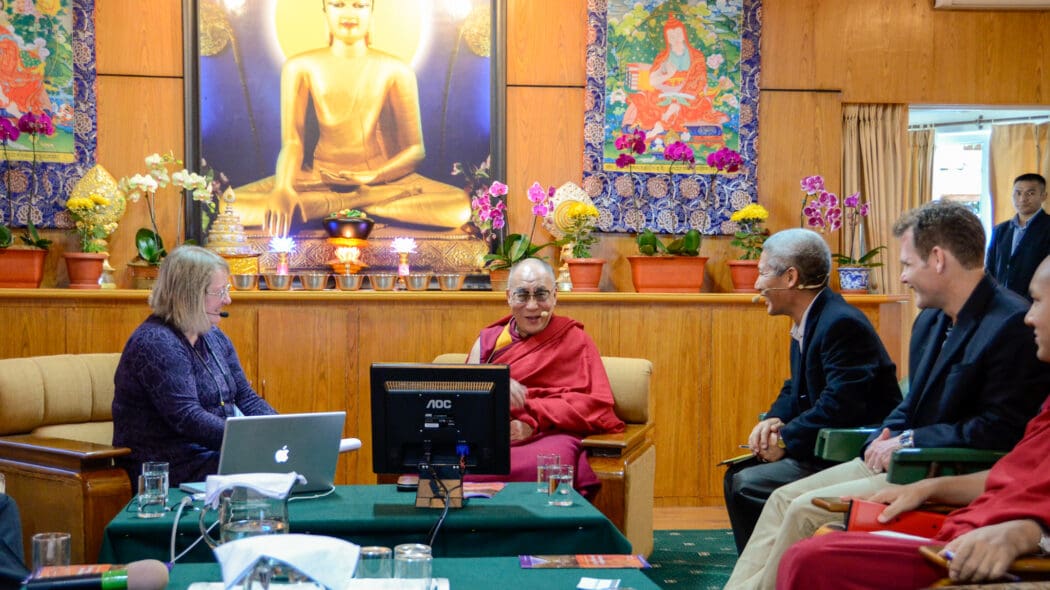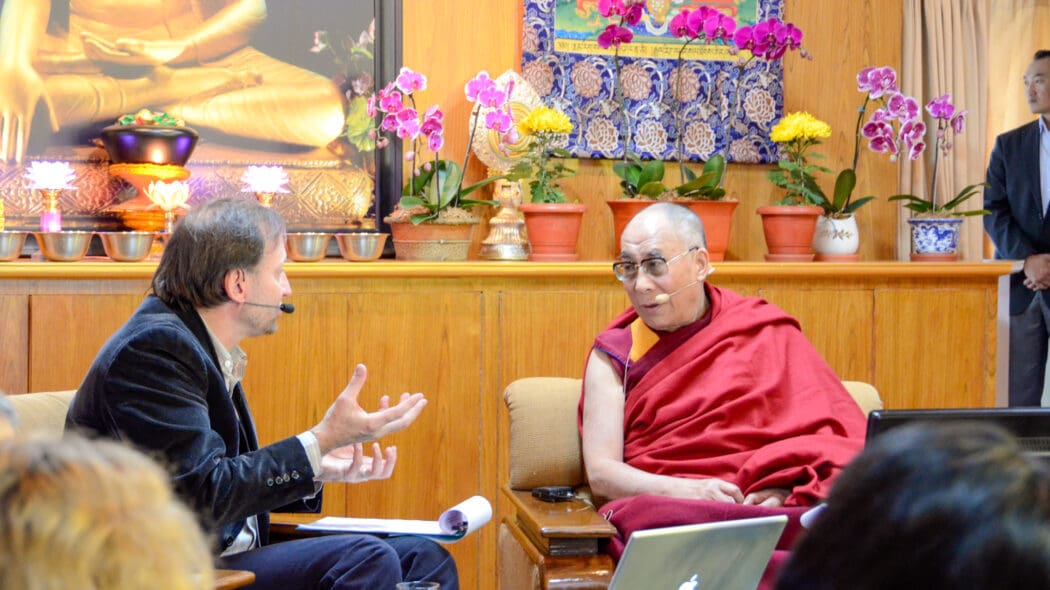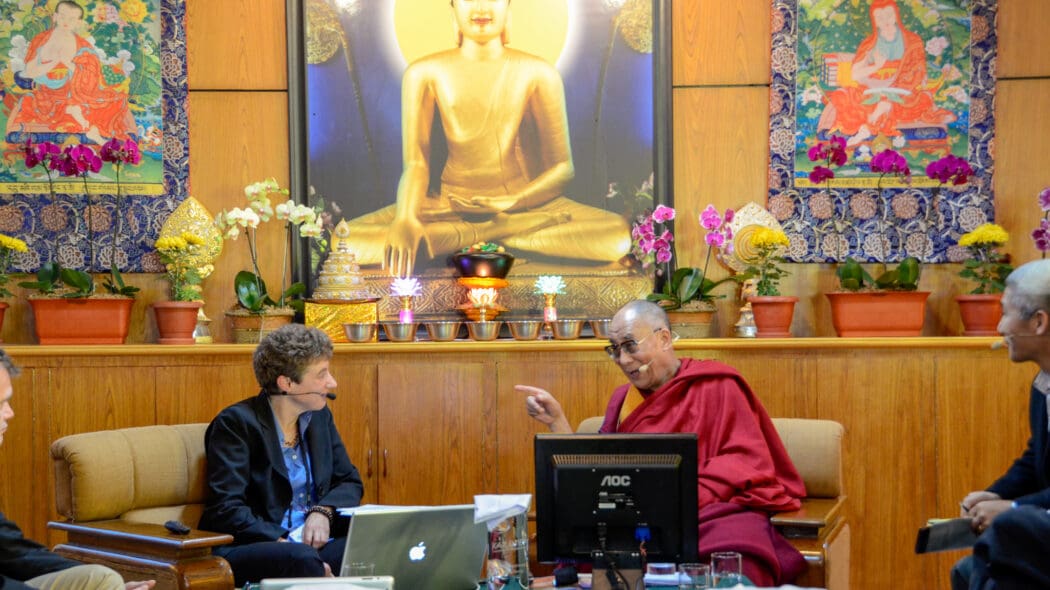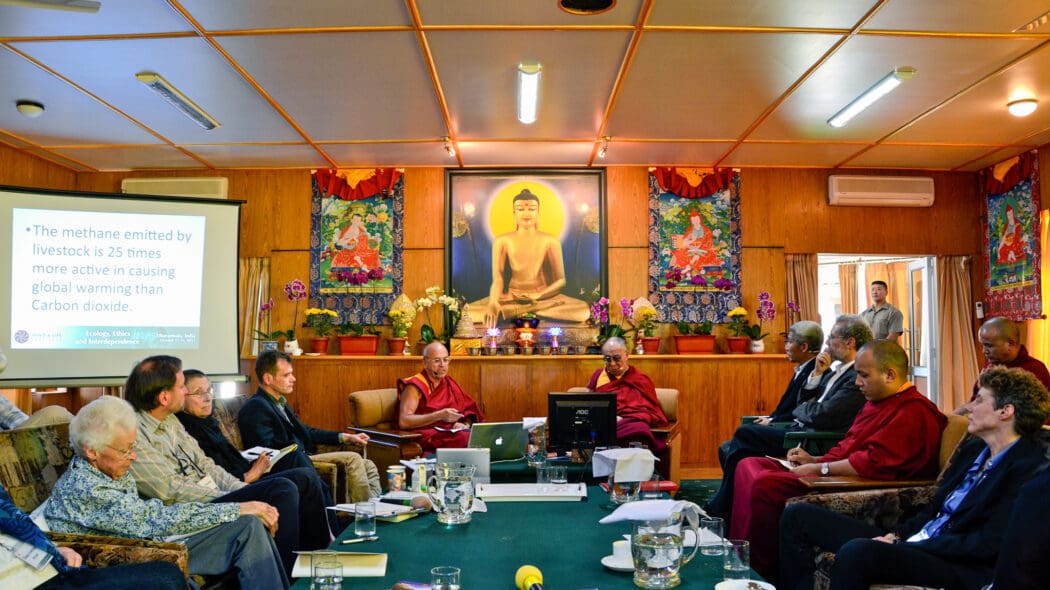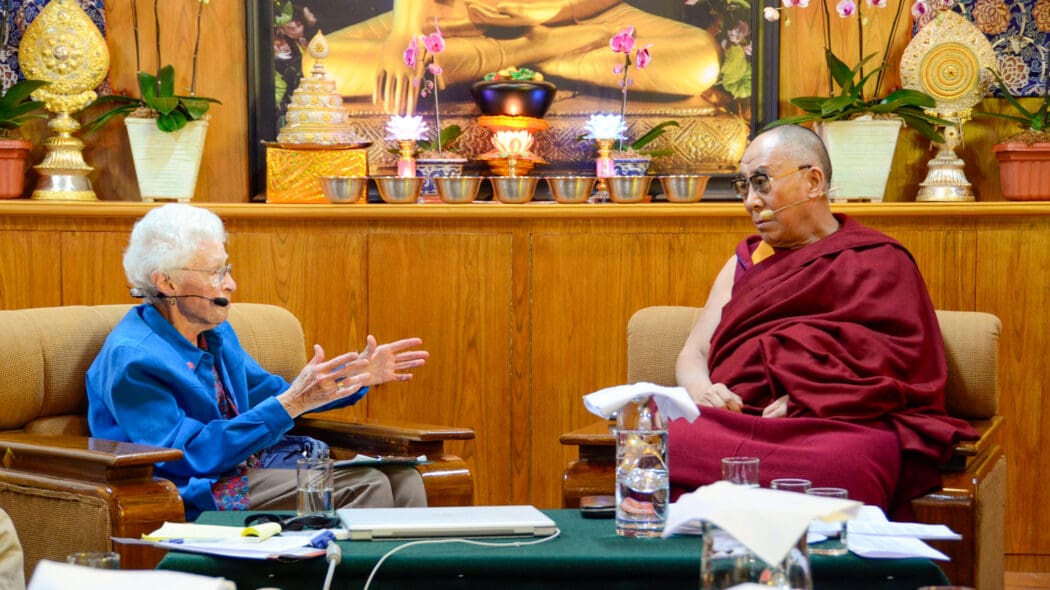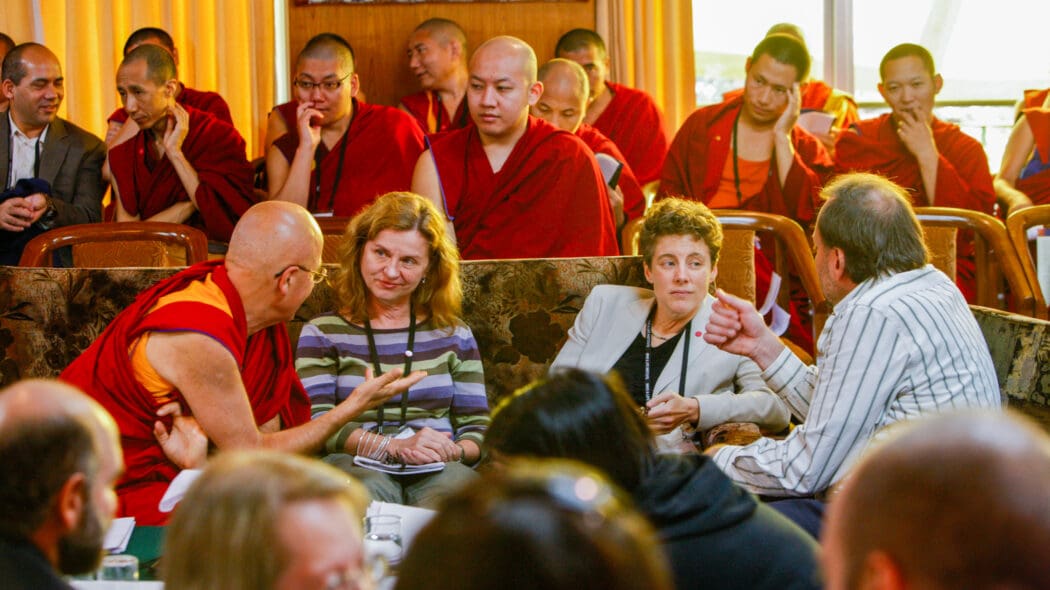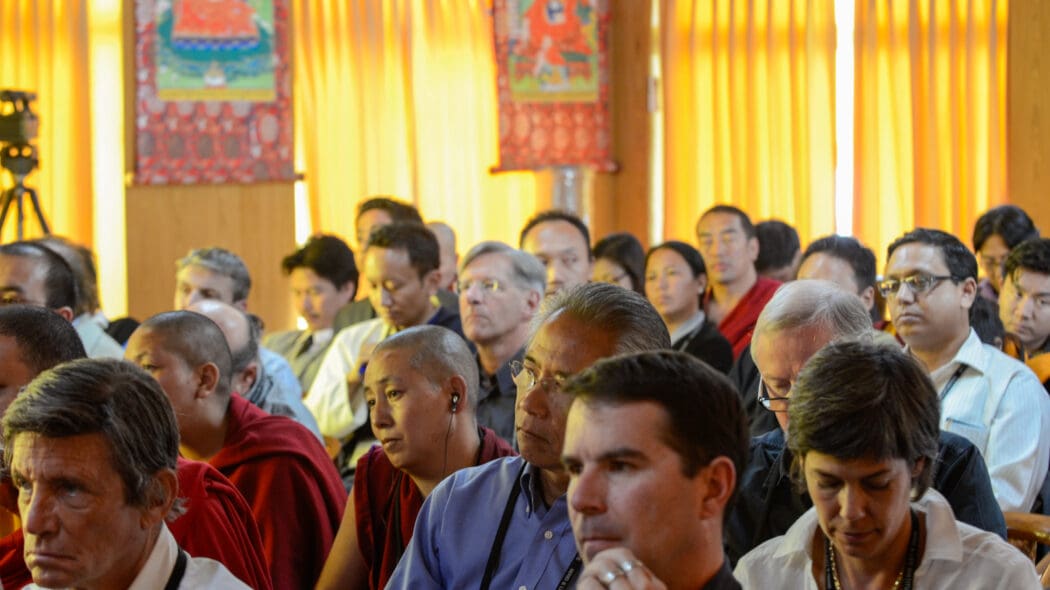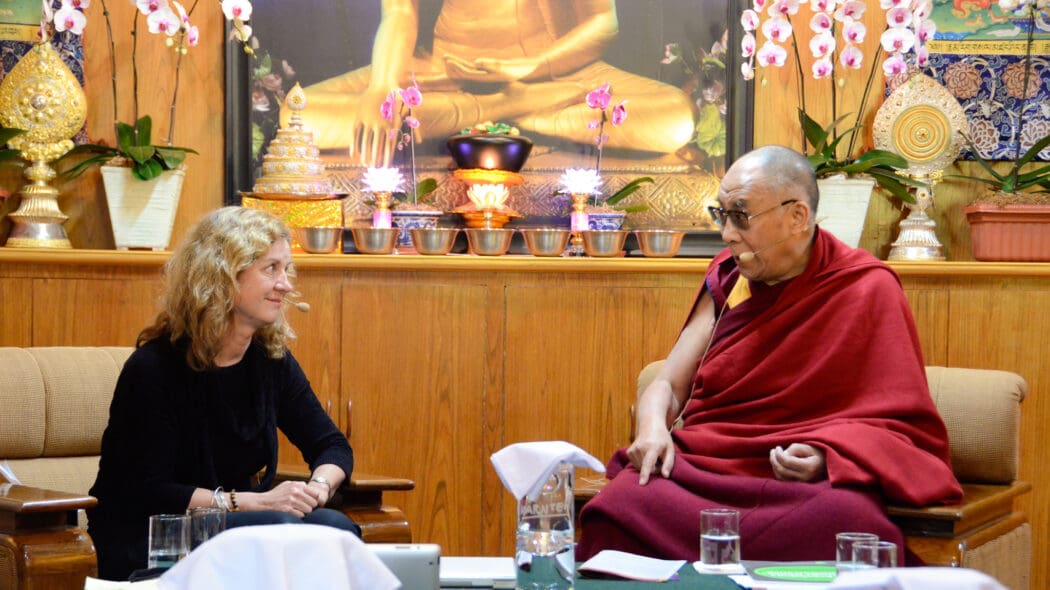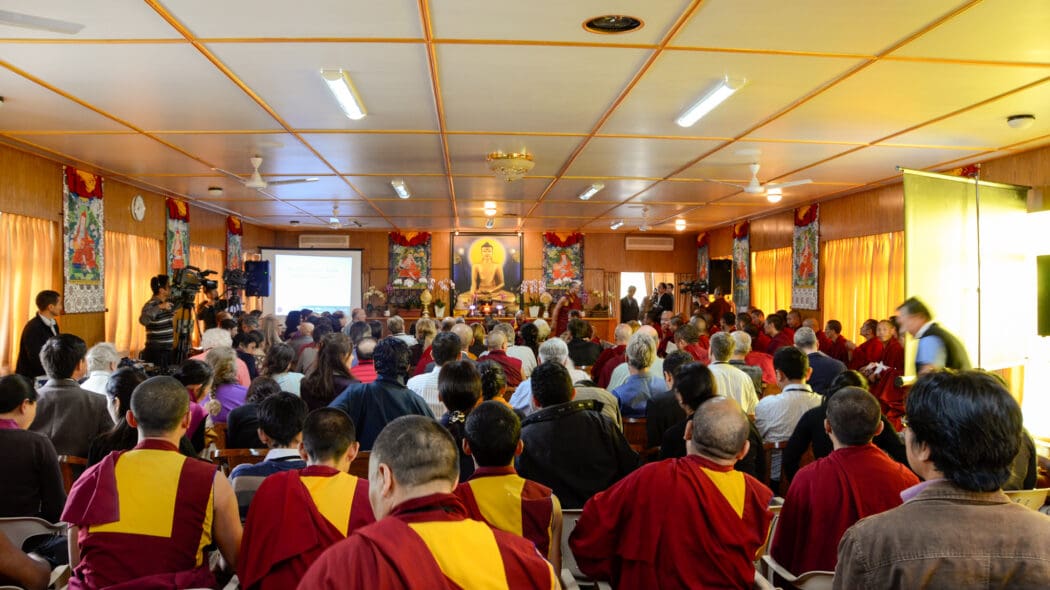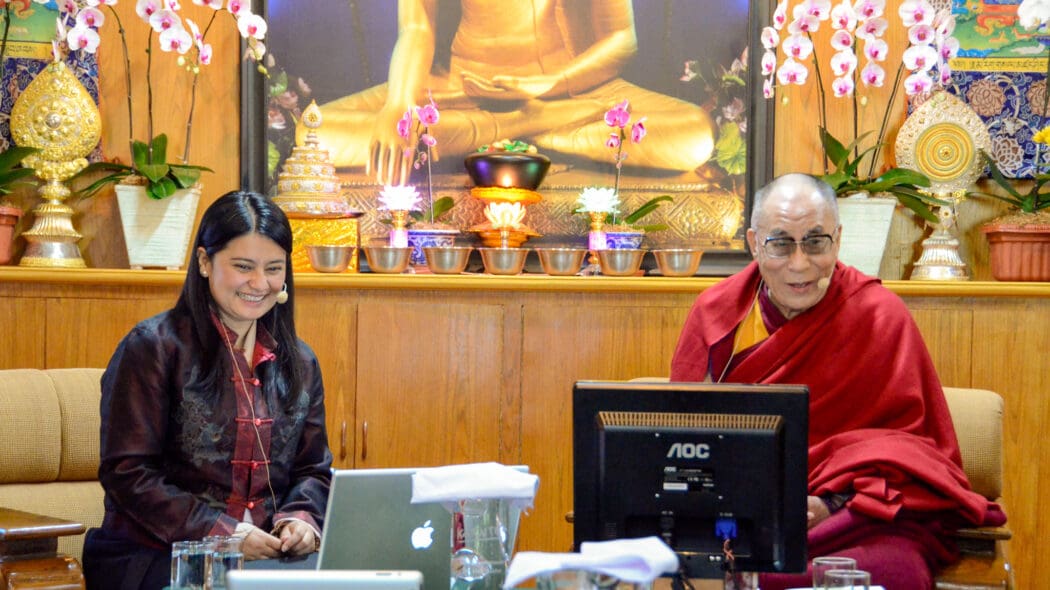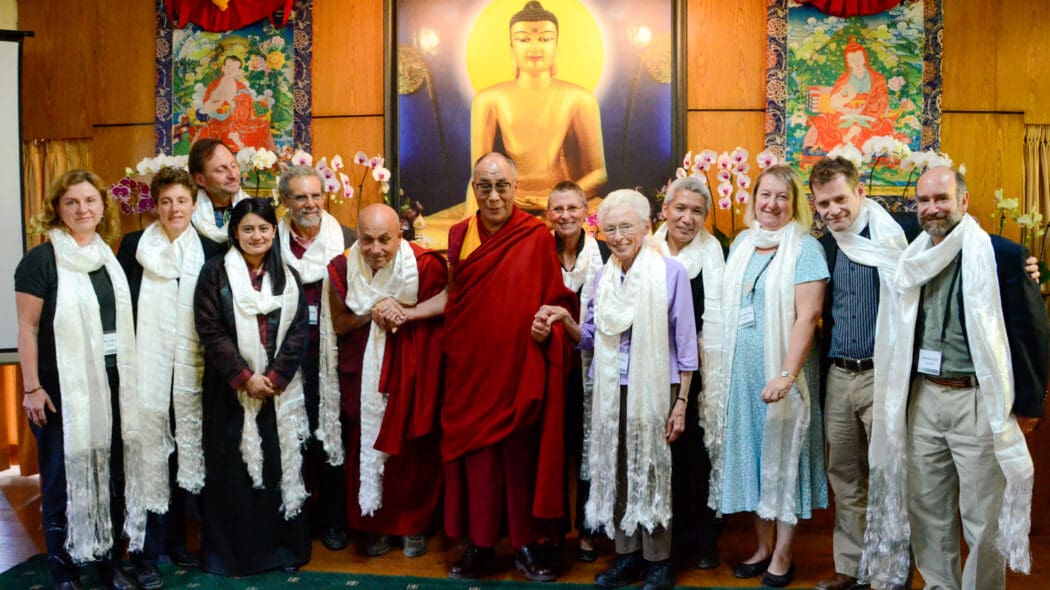Ecology, Ethics, and Interdependence
Ecology, Ethics, and Interdependence
The slow meltdown of Earth’s capacity to sustain much of life, as we know it, poses an urgent challenge for both spiritual traditions and science. These two ways of knowing have developed distinctive responses, which are potentially synergistic.
The goal of the meeting is to provide an opportunity to articulate an engaged environmental ethics. This would include the understanding of interdependence through an examination of the most recent data on the scientific case for effective ecological action. Furthermore, it will be a unique opportunity to meet with other faith traditions that have arrived at a religious basis for motivating environmental activism.
A dialogue between contemplative scholars, activists and ecological scientists could enrich the response to our planetary crisis. Insights from the new thrust in ecological science evoke the deep interconnections between individual choice and planetary consequence as well as through cross-fertilization of ideas and meaningful action among activists working within their own spiritual framework.
We will explore many dimensions, from the human-caused deterioration in the global systems that sustain life, and the role each of us plays as seen through the lens of industrial ecology, to a view from Buddhist philosophy and other faith traditions, to the on-the-ground realities faced by ecological activists. Our hope is that this conference will be a significant catalyst for the formulation of new research ideas in these fields and solutions to our planetary crisis.
Dialogue Sessions
Participants
Honorary Board Chair
- His Holiness the Dalai Lama
Interpreters
- Thupten Jinpa
- John Dunne
Moderators
- Daniel Goleman
- John Dunne
- Roshi Joan Halifax
Panelists
- His Holiness, the XIV Dalai Lama
- Dekila Chungyalpa, MA
- Daniel Goleman, PhD
- Joan Halifax Roshi, PhD
- Diana Liverman, PhD
- Sallie McFague, PhD
- Greg Norris, PhD
- Clare Palmer, DPhil
- Jonathan Patz, MD
- Matthieu Ricard, PhD
- Elke Weber, PhD


